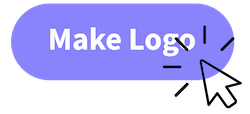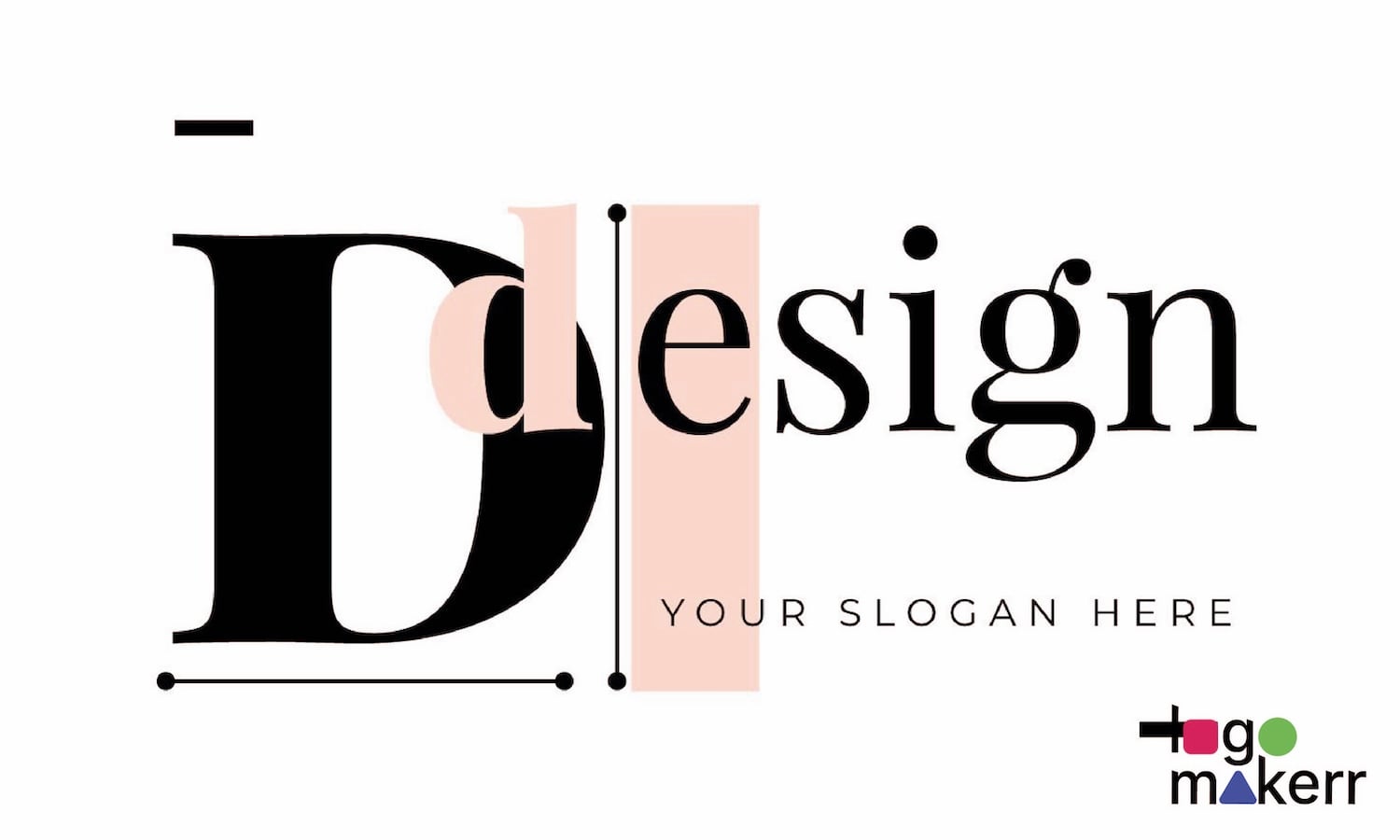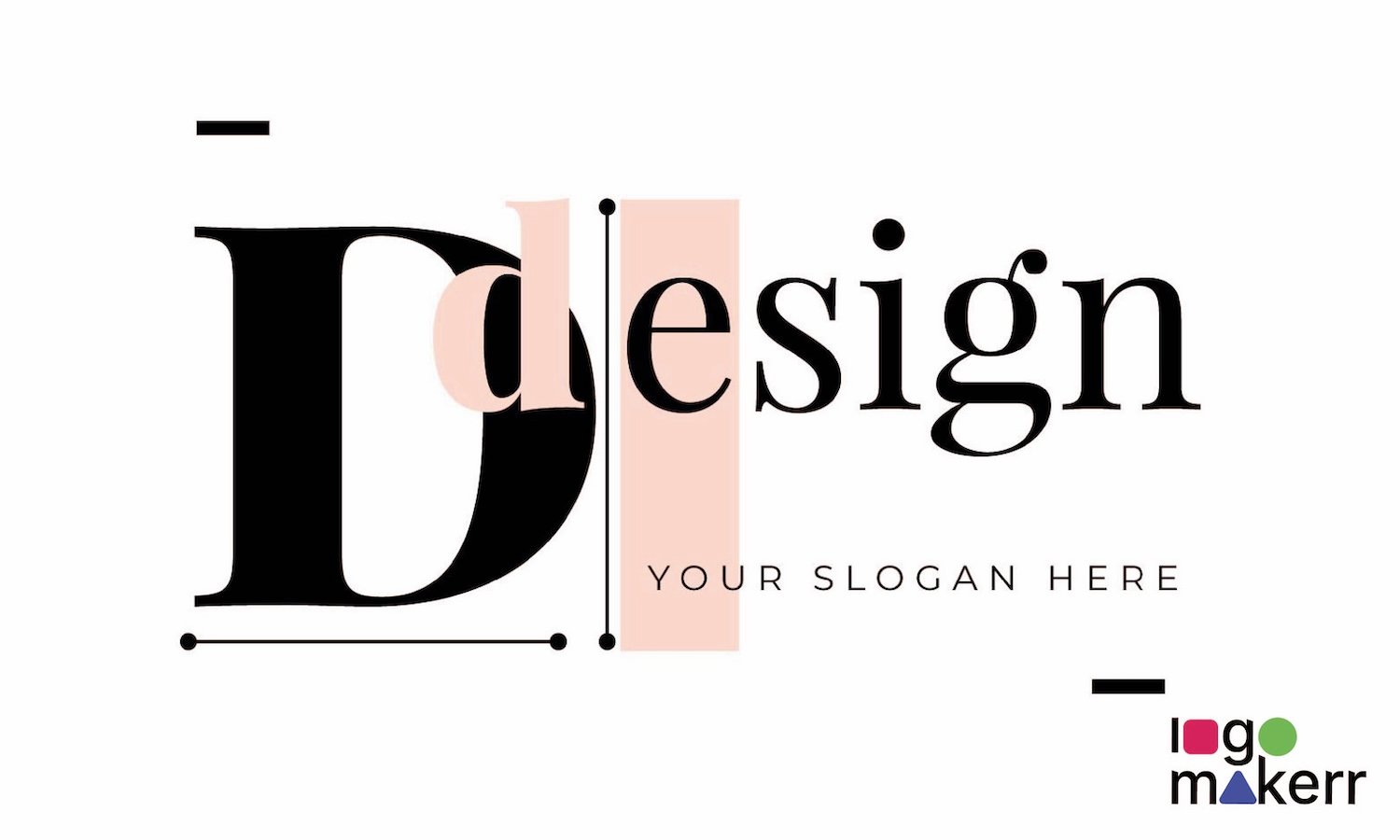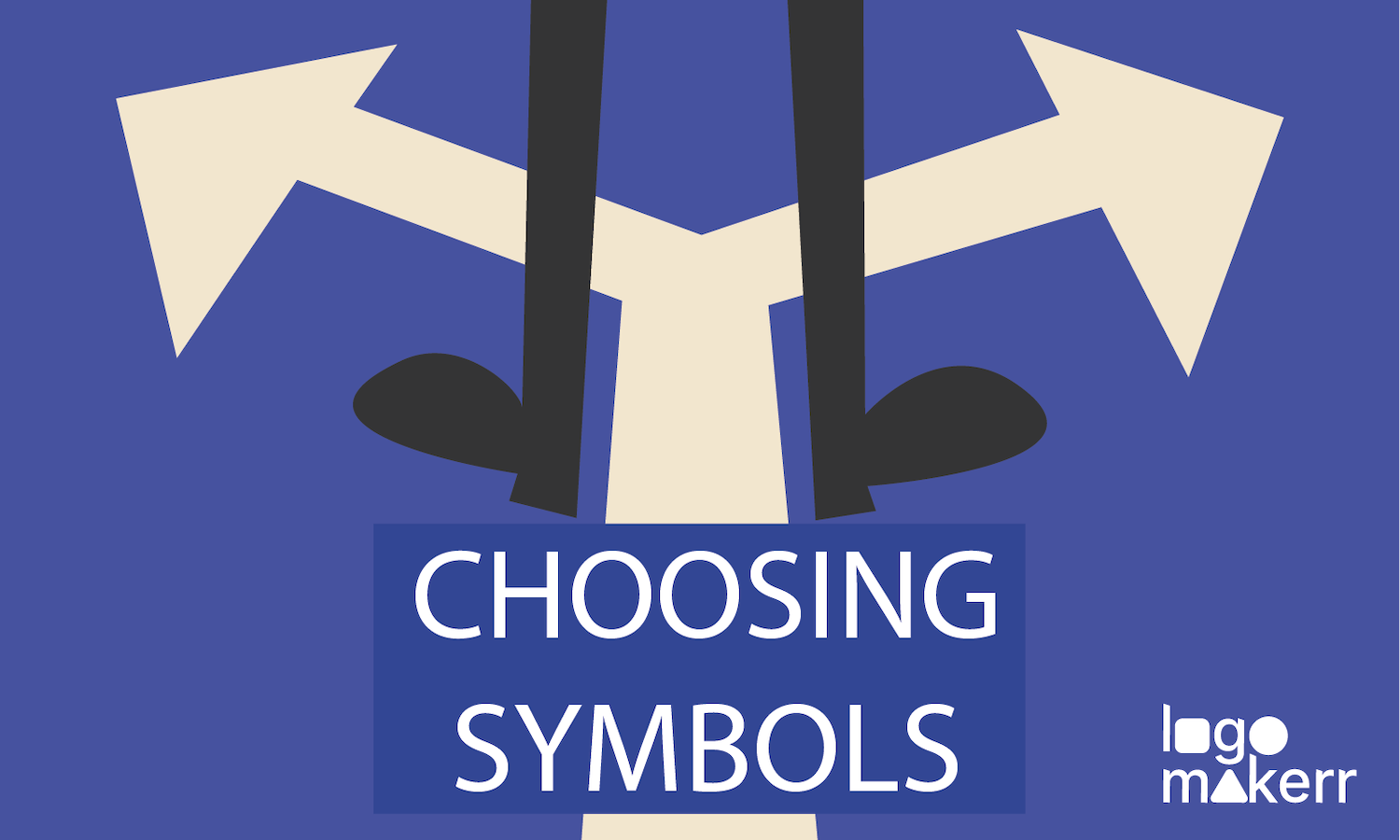Logo designing is a language every business should have. It communicated the idea, emotion, and the message every business owner wants to convey. Now, the use of symbols and icons for logo designing has been a staple for years, but what is the difference between them?
Though symbols and icons might seem similar initially, they have different meanings and functions that can make or break a brand identity. Let’s delve into the differences between symbols and icons and some of their examples.
In today’s digital age, the emergence of tools like AI logo maker has also revolutionized the way logos are created, adding a new dimension to the design process. Without further ado, let’s explore the nuances of symbols and icons in logo design.
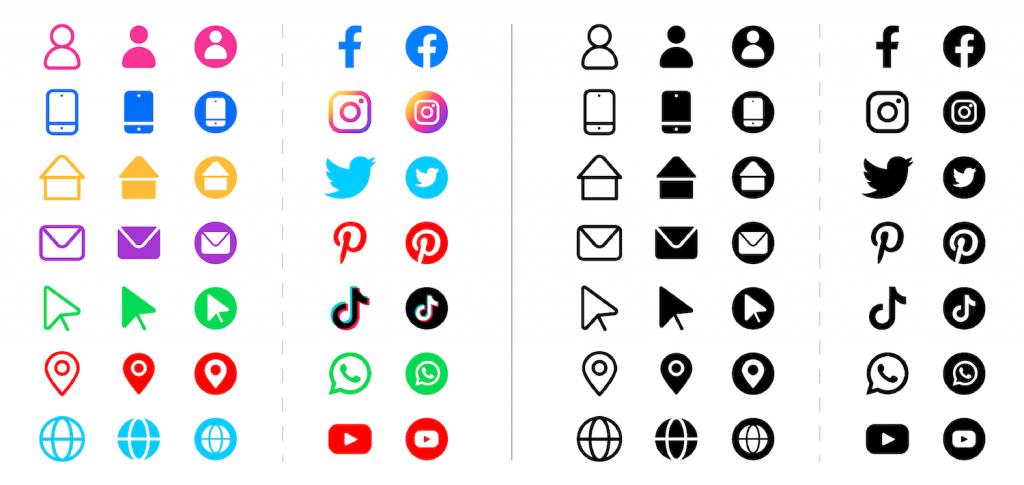
Defining symbols and icons: What sets them apart?
In the design world, symbols and icons are commonly used – and for good reason. Brands utilize both to ensure that their business looks exceptional and has a brand personality that depicts their service or product.
But icons and symbols are different, and distinct characteristics set them apart.
What is a symbol?
Symbols, in their essence, are visual representations that carry deep cultural and historical meanings. They are often rooted in shared experiences and collective understanding.
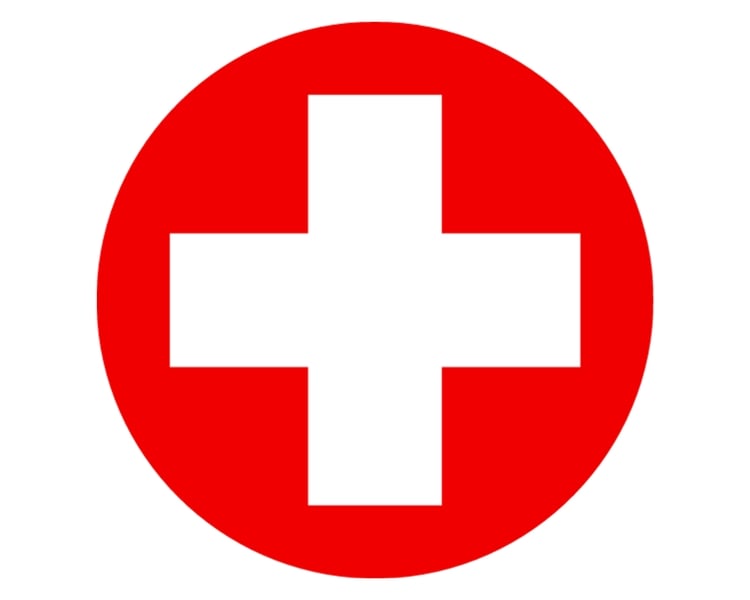

Just think of the (1) peace symbol or the red cross – instantly recognizable and filled with rich representation, right? This is because symbols can evoke emotions, trigger our memories, and immediately establish connections on a subconscious level.
Symbols: Creating representations
We can all agree that it’s important to visually represent a brand to make a name in the industry. That’s not a grim reality you must face as a businessman, but just a fact.
Symbols are considered a powerful means of communication for a brand because they can get to the realm of ideas and emotions of an individual.
Unlike icons, which are more literal and represent specific actions or objects, symbols can be made to capture the essence of the concept anyone aims to portray.
One example of a well-known symbol is the peace symbol, which consists of a circle with three lines representing the semaphore signal. This simple design is recognizable worldwide, showcasing a sense of harmony and unity.
Are symbols the same as logos?
Symbols are used to represent a brand. The only thing that sets them apart from logos is when the latter is composed of colors, fonts, word choice, and images that instantly signify the brand identity of a business.
What are icons?
On the one hand, icons are more specific and literal in nature. They are simplified graphical representations that represent objects, actions, or concepts. They are designed to be intuitive and universally understood–allowing humans to transcend language barriers.
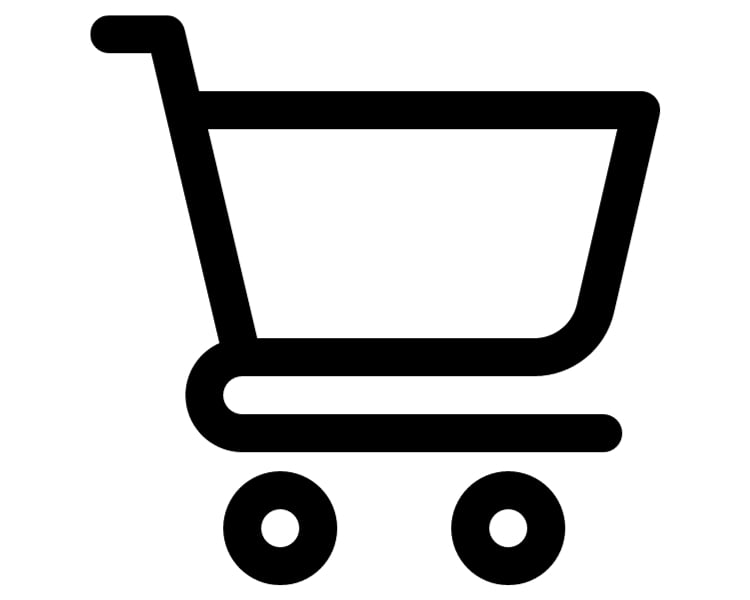
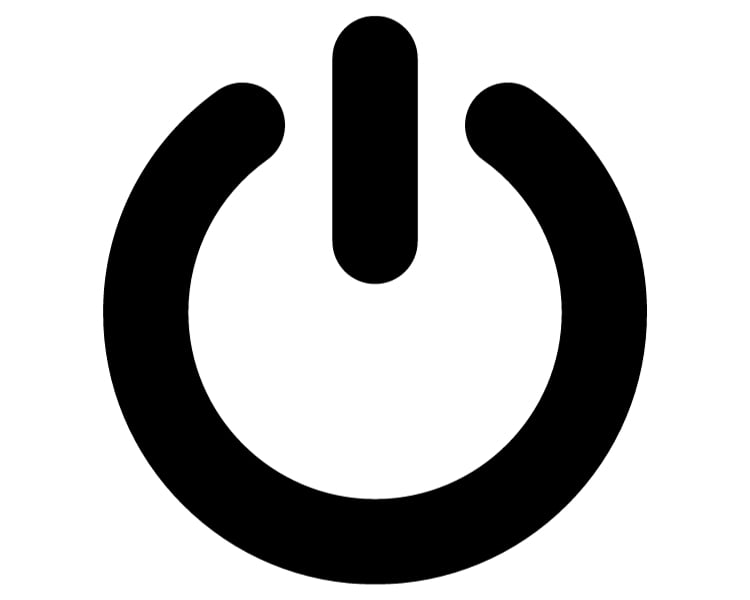
For instance, many e-commerce platforms have shopping carts with their logos or user icons in comment sections, and discussions.. If you delve into it, icons have become integral to our daily digital interactions.
Icons: Depicting objects or actions
To effectively depict tangible objects, designers often employ a minimalist approach, focusing on essential features and eliminating unnecessary details. This allows the menu icon to be easily comprehended and identified at a glance by any audience in any industry.
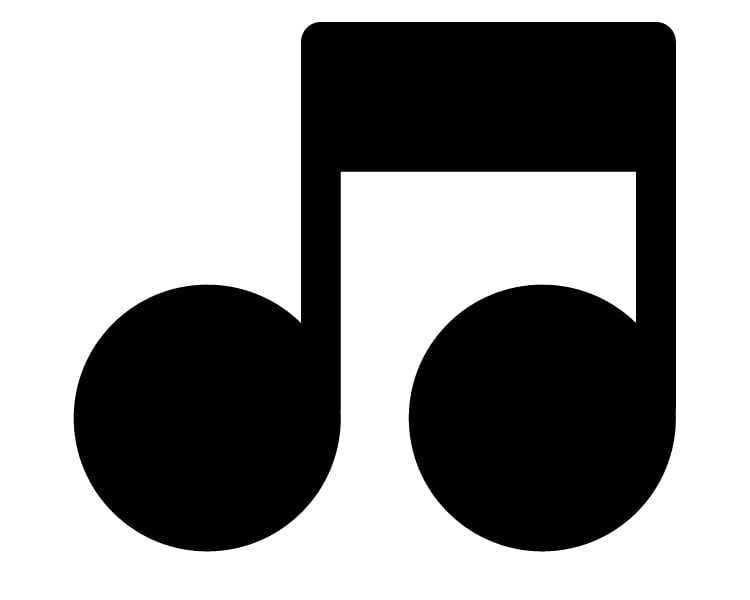
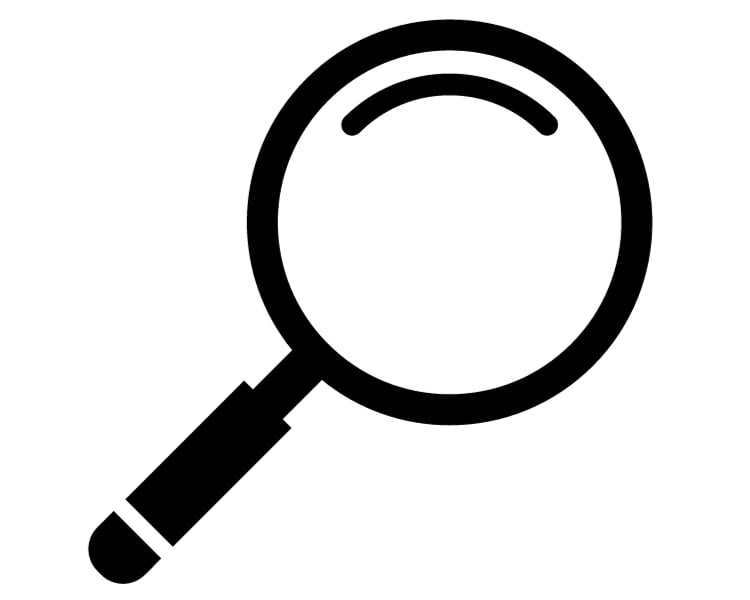
Another great example is a (4) double note icon commonly used to represent music. It typically consists of a simple outline of a note icon without intricate details like a stave.
Let’s also emphasize a (5) magnifying glass icon, which is widely recognized as a symbol for search or zoom functionality. It typically features a simple outline of a magnifying glass with a plus sign or a magnified result.
Choosing between symbols and icons: Factors to consider
Symbols and icons have their characteristics, and both of them can represent your brand identity. However, choosing the right one between the two is essential to ensure you can create a compelling and meaningful design. Here are the factors to consider when selecting between icons and symbols.
- Level of abstract – The level of abstract is where you choose whether you want the design to represent ideas, concepts, and emotions, thus opting for symbols. But if you want a more concrete design where actions, objects, and functions are emphasized, creating an icon has a more direct and literal representation.
- Context – Symbols are often used in branding and identity design, where they help create a visual representation of a company or organization’s values, mission, or philosophy. On the other hand, icons are commonly used in user interfaces, where they serve as visual cues for users to interact with specific functions or features.
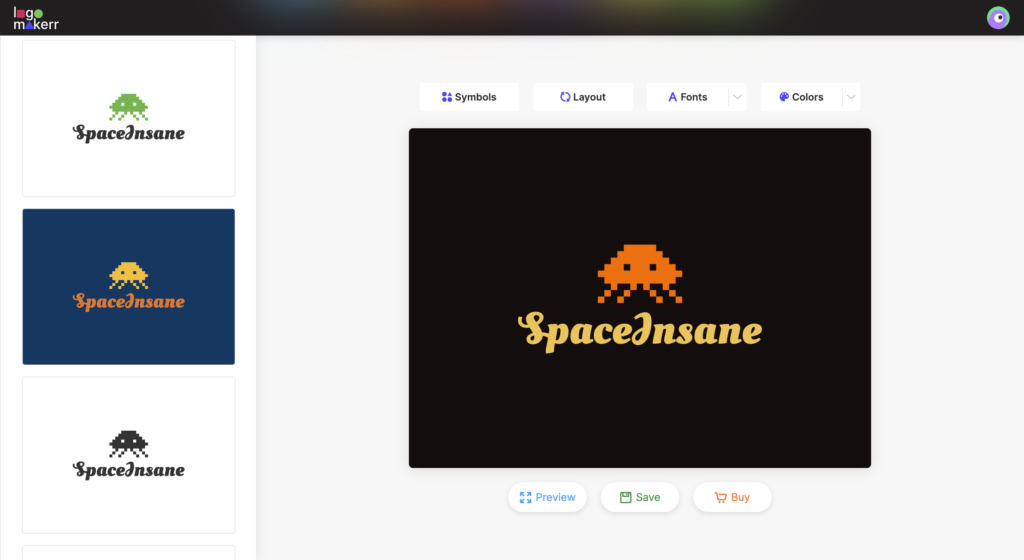
- Message or information – In logo designing, symbols are used when a more nuanced or layered meaning needs to be communicated. Icons, however, are used when the message needs to be straightforward and should be quickly or easily understood.
- Overall style and aesthetic of the design – Icons and symbols have different visual treatments and styles. For example, common symbols are more artistic and abstract, while icons follow a more standardized and simplified visual language.
Remember to understand and consider these factors when choosing between symbols and icons. Otherwise, you won’t be able to make informed decisions that result in visually compelling designs.
Icons and symbols are made easy with this Free AI logo maker.
Designing icons and symbols from scratch can be difficult, especially if you need more design skills or have limited resources. That’s where Logo Maker AI comes to the rescue.
Logo Maker AI is a free AI logo generator that simplifies the process of creating icons and symbols for your brand. Be it a small business owner, a startup, or an entrepreneur, this innovative tool boasts thousands of generated logos and templates that are easy to modify and adjust to enhance your business’s visual identity.
From resizing and rotating elements to adding text and adjusting spacing, Logo Maker AI empowers you to refine a symbol, icon, or logo until it is perfect. This drag-and-drop functionality makes the process even more effortless and allows you to experiment until you find the ideal one!
